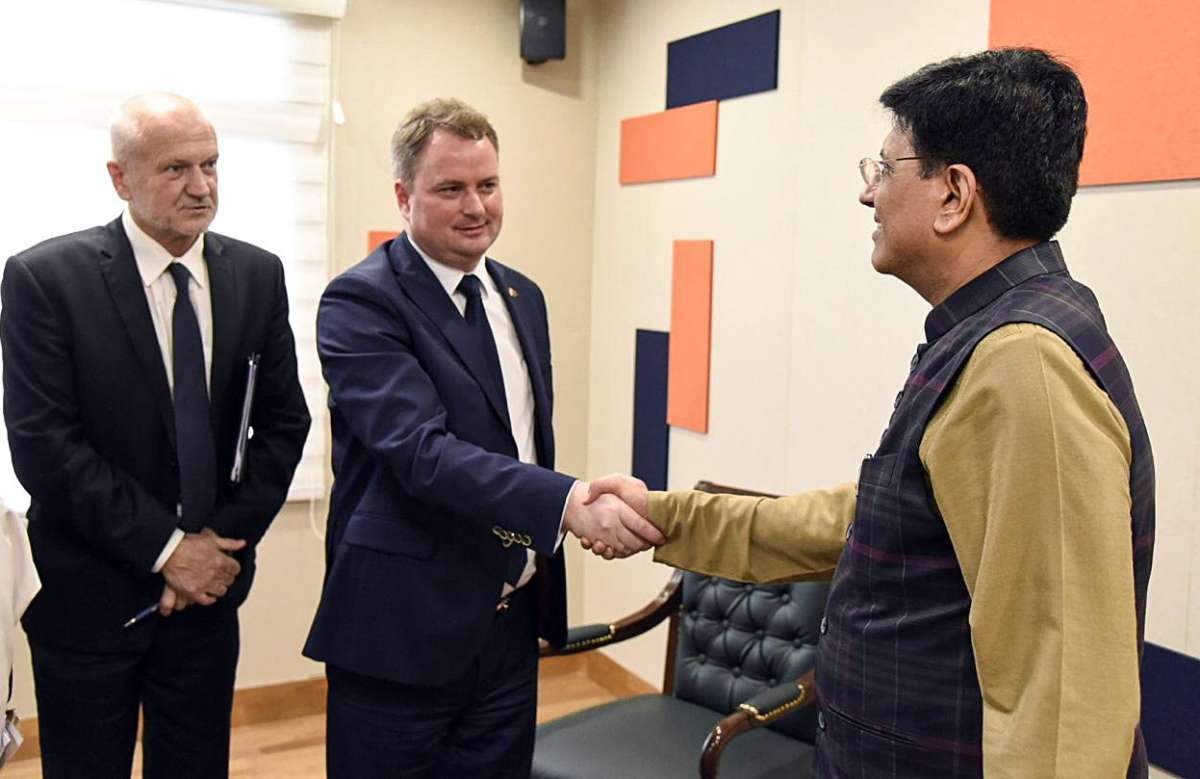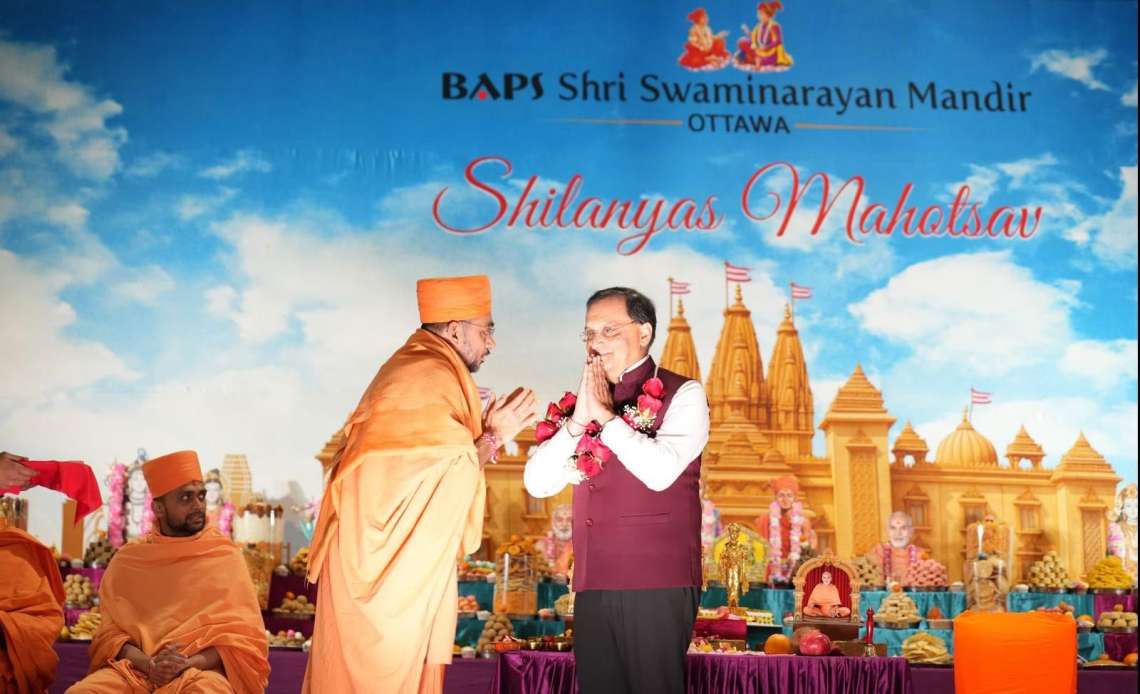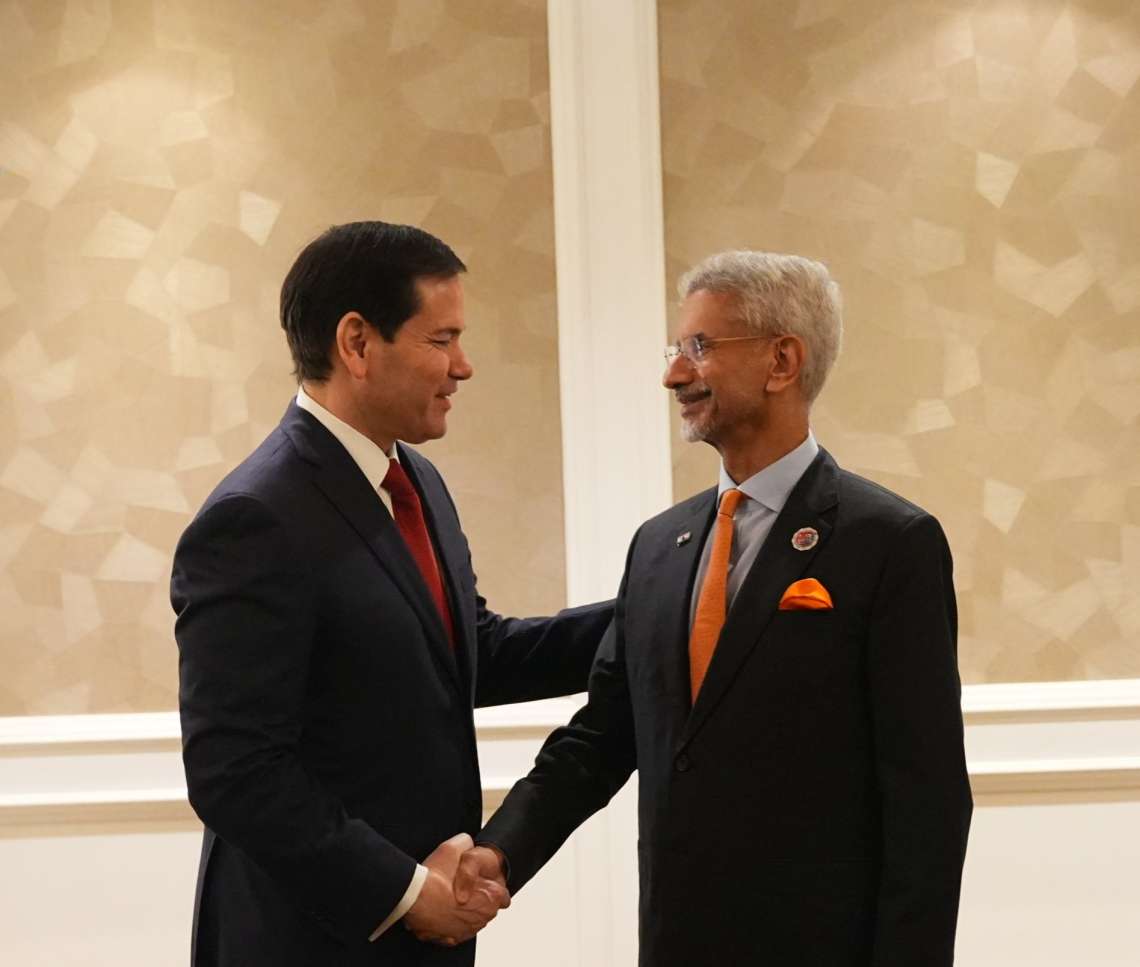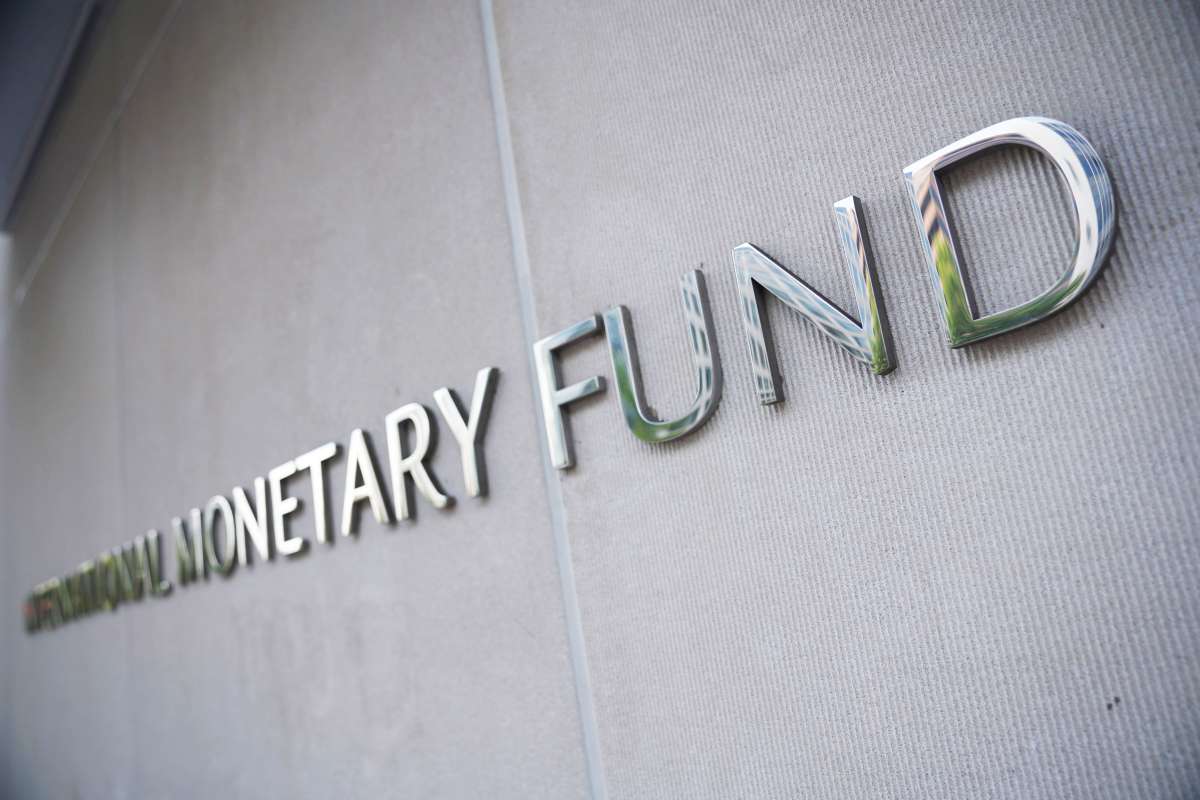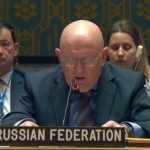Russian transport giant Fesco has launched a new intermodal container route from Belarus to India via Saint Petersburg that will also connect Vietnam and China…reports Asian Lite News
Russian transport giant Fesco has launched a new intermodal container route from Belarus to India via Saint Petersburg that will also connect Vietnam and China.
The initial stage includes rail transportation from the city of Vitebsk – the largest railway junction in northern Belarus – to Avtovo port cargo station in Saint Petersburg, Russia’s second-largest city after Moscow located along the strategic Baltic Sea coast.
At the next stage, the containers are reloaded onto Fesco vessels and follow the regular deep sea lines of the group to the Indian port of Nava Sheva in Navi Mumbai.
The vessels then leave for the Chinese ports of Rizhao, Lianyungang, Shanghai, Ningbo and Yantian with the transit time of the entire intermodal transportation being about 50 days.
As part of the route, return loading to Saint Petersburg is provided. In addition, the cargo can also be delivered to the Vietnamese port of Haiphong and other countries in Southeast Asia with reloading at Ningbo in east China’s Zhejiang province.
“The new intermodal route is aimed primarily at manufacturers from the Republic of Belarus, who can transport their goods at an attractive cost and in optimal time due to a small railway leg, bypassing the busy Eastern landfill, and Fesco’s own maritime services, within which we provide customers with a guaranteed capacity on our ships,” said German Maslov, Vice President of Fesco’s linear and logistics division.
The first container train on this route, loaded with 80 TEU of lumber, departed from Vitebsk on June 20 and arrived in Saint Petersburg two days later, from where the consignment departed on a Fesco vessel on June 30 and is expected to arrive at the port of destination Shanghai today.
Earlier this month, the group announced that it has increased the capacity of the Fesco India Line (FIL) sea line between Russia and India to 1,100 TEU by deploying its own container ship that has reduced transit time from Indian ports to 18 days.
Now the sea service operates along the route Mundra – Nava Sheva – Novorossiysk and in the opposite direction. The company said that initially, the frequency of sending the ship is monthly but will increase to once every two weeks when a second vessel joins the line.
Fesco signed an agreement with an Indian logistics group ‘Saksham’ to develop maritime transportation between the two countries during Russia’s largest transport and logistics exhibition ‘TransRussia’ held in Moscow, earlier this year.
The parties plan to organise direct sea services from the ports of Mundra in Gujarat and Nava Sheva in Navi Mumbai to the Black Sea port of Novorossiysk and Saint Petersburg and in the opposite direction, as well as to conduct a study of the potential cargo base between the ports of Chennai and Vladivostok for the possibility of launching a sea line on this route.
Fesco’s icebreaker ship Vasily Golovnin also carried out the second Antarctic expedition under a new five-year contract with the National Centre for Polar and Ocean Research (NCPOR) – India’s premier R&D institution responsible for the country’s research activities in the polar and Southern Ocean realms – in April.
The container turnover between India and Russia has been growing gradually over the past few years. In March, External Affairs Minister S Jaishankar spotlighted the development of transport corridors along the India-Russia route and container traffic between Indian and Russian Far Eastern ports during the visit of Alexei Chekunkov, Russia’s Minister for the Development of the Far East and the Arctic, to New Delhi and Mumbai.
The EAM spoke on the importance of connectivity initiatives, including the International North-South Transport Corridor (INSTC) as well as the Eastern Maritime Corridor (Chennai-Vladivostok Corridor) that India believes would play a key role in expanding and diversifying the bilateral trade and economic cooperation.
“The Eastern Maritime Corridor, I think, fits in with our goal, what is called ‘Act East Policy’, as well as the Russian policy of having the Far East come in as an additional driver of the economy. So, I think there is a synergy there which is waiting to be tapped,” said Jaishankar.
During his India trip, Chekunkov held extended meetings with representatives of Indian companies and also met Ports, Shipping and Waterways Minister Sarbananda Sonowal.
Fesco’s Maslov, who accompanied the Russian delegation, detailed about the group’s intermodal services from India to Moscow, Yekaterinburg, Novosibirsk and Khabarovsk through the main ports of the country.
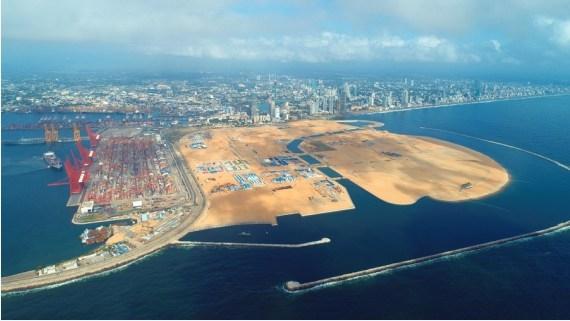
Set for SCO entry
Belarus which is set to become a full member of the Shanghai Cooperation Organization (SCO) by 2024 says that it relies on the cooperation within the organization from the member states and that it had the same vision in developing the organization even while being an observer.
Speaking to ANI, the Belarusian envoy to India Andrei Rzheussky stressed how powerful and promising the Bloc is and how it will help to unite the developing nations.
“India hosted this summit virtually on July 4. Our President also participated in this summit and during the summit, a memorandum of commitment was signed by all member states. We are in the process of our Parliament adopting all treaties which is necessary for becoming a full-fledged member of the SCO. As our President said, we hope to become a member of SCO shortly,” said the Envoy.
“As our president mentioned that we hope that very shortly, we will become a full-fledged member of this organization because we rely on a huge cooperation in this organization. And we have some vision, of how to develop this organization, even when we were in different capacities like observers or partners. We also participated in this activity and proposed a lot of projects, which were adopted and unanimously greeted by member states”, he added.
Earlier in July, Prime Minister Narendra Modi chaired the SCO Summit virtually where he said that Iran is going to join as a new member of the organization. He also welcomed the signing of the Memorandum of Obligation for the SCO membership of Belarus.


